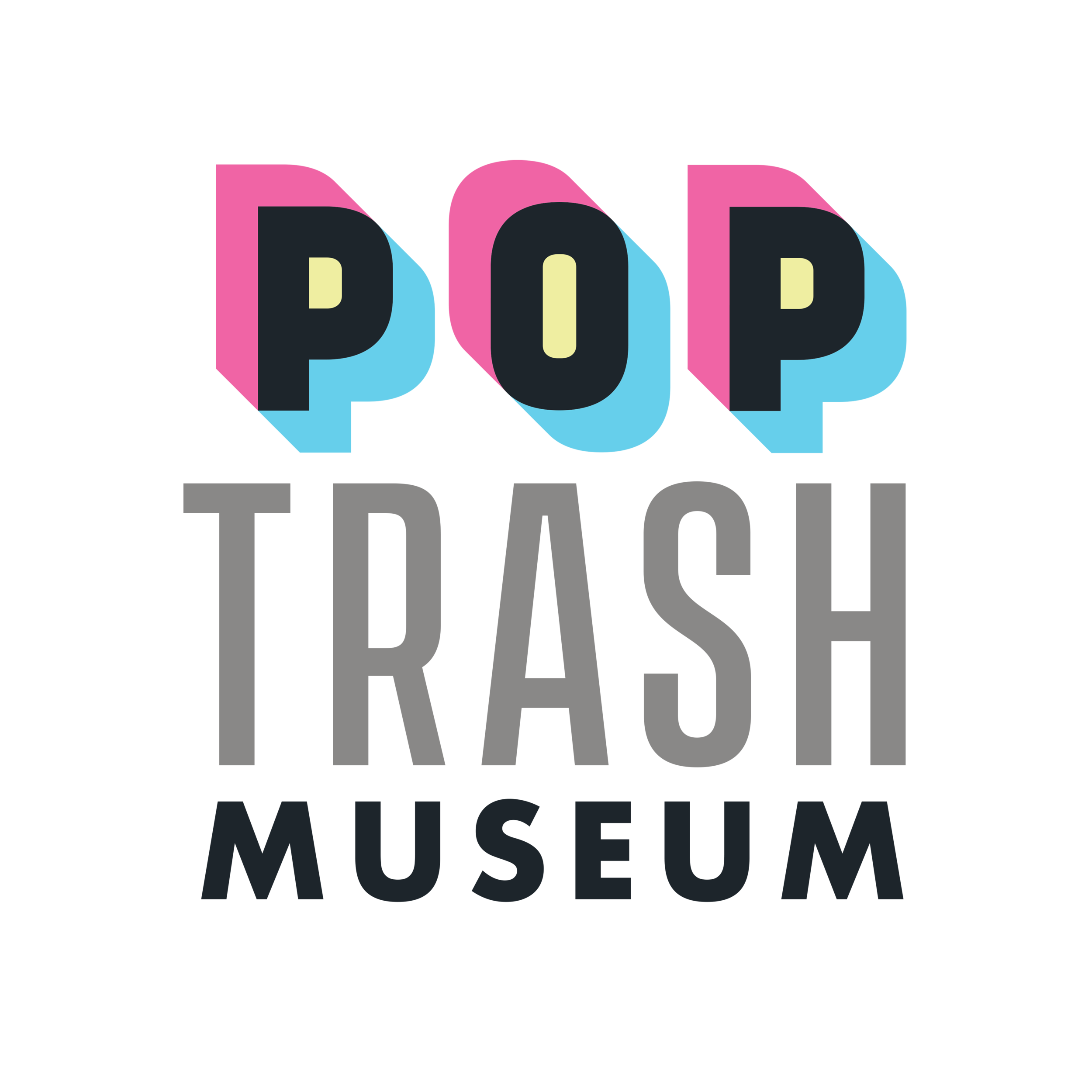WHAT WE’RE ALL ABOUT
What exactly determines whether a movie, song, or show is good or bad not only seems to be subjective, but also tends to change with the passing of time. What’s cutting-edge one day is laughably “basic” the next. What’s branded a complete bomb today can become a revered cult classic a decade later.
There is a case to be made that there really is no high or low art; rather it’s all trash. Once you let go of measuring a work on its tastefulness, a strange liberating feeling happens. “Guilty pleasures” are simply pleasures. So-bad-it’s-good? To you, it’s just plain good. Corny is charming, old becomes new, weird is refreshing, serious becomes camp.
We are living in an age of unfettered nostalgia—just look at all the reboots trying to tap into our collective consciousness and individual familiarity. At the same time, while we do this rearview-mirror-glance at our pop culture history, no one’s supposed to actually enjoy it, are they? The acceptable way to consume past media is with heaping spoonfuls of irony. You must signal that you know this thing you’ve referenced is deeply uncool, flawed, and old. I mean, how could people possibly watch this stuff seriously, right? (That’s sarcasm. Not irony.)
Another way to ensure we drain the joy out of our collective pop heritage is to only focus on how problematic things are, then quickly cancel them (instead of appreciating context, engaging in respectful discussion, and preserving past media as a key to learning more about the time in which something was created and a way to understand ourselves better today). Cue the angry mobs in the online comments. So, “trashing” something—as a verb—why do we do this again?
I remember how people only “hate-watched” things because there weren’t very many options at the time. For TV, it was three channels and PBS. A movie based on a comic book was a major event that arrived every few years, not every month—so there was a lot of gratitude instead of automatic disdain. To have the chance to hate some music, you had to pull $10 from your wallet and hand it over before even hearing the tracks outside of a radio single or two. It took real effort to hate something. Now there are so many choices and such easy access, disappointment and hate are routinely expected from most things — prerequisites even.
Here’s a sad truth: each new generation feels less of a connection to the previous one’s touchstones. Which brings us to the fundamental reason why I wanted to create the Pop Trash Museum: everything, no matter how popular now, in time, is headed to the dustbin of history.
But there’s good news: if we truly love something—for whatever reason—we all have a chance to preserve it while we’re here. Snatch it from slipping into obscurity and lift it up for a brief moment more before we sweep it away. Introduce it to someone, watch it again, talk it up. The Pop Trash Museum will aim to give positive fandom, cult connections, and quirky sensibilities some voice to counterbalance a chorus of negativity and rotten tomatoes takedowns. We’ll dig up pop relics like archaeologists and examine our pop past, not because something must be deemed “worthy,” but simply because we want to squeeze all the satisfaction there is out of it by celebrating it once more. Anything’s fair game.
Besides reliving the excitement of old favorites, I’ve found that cultivating a curiosity for things I’ve missed over the years (hey, we all have gaps in our knowledge)—uncovering old stuff that’s “new” to me—has brought a surprising amount of happiness. To know that in a short span of time over just this past century, we humans have created more entertainment than can possibly be consumed in an entire lifetime—well, it’s daunting. But it also means there’s a big ol’ trash pile to dig through, an unwatched and unlistened adventure waiting to be found by you and me, as if it was just released into the world today. How cool is that? This is how we bend time on itself and cross generations—a true clash of (pop) cultures, if we’re open to it. Not new, not old. Not good, not bad. Just beautiful pop trash ready for discovery. Now, let’s dig into this garbage.
